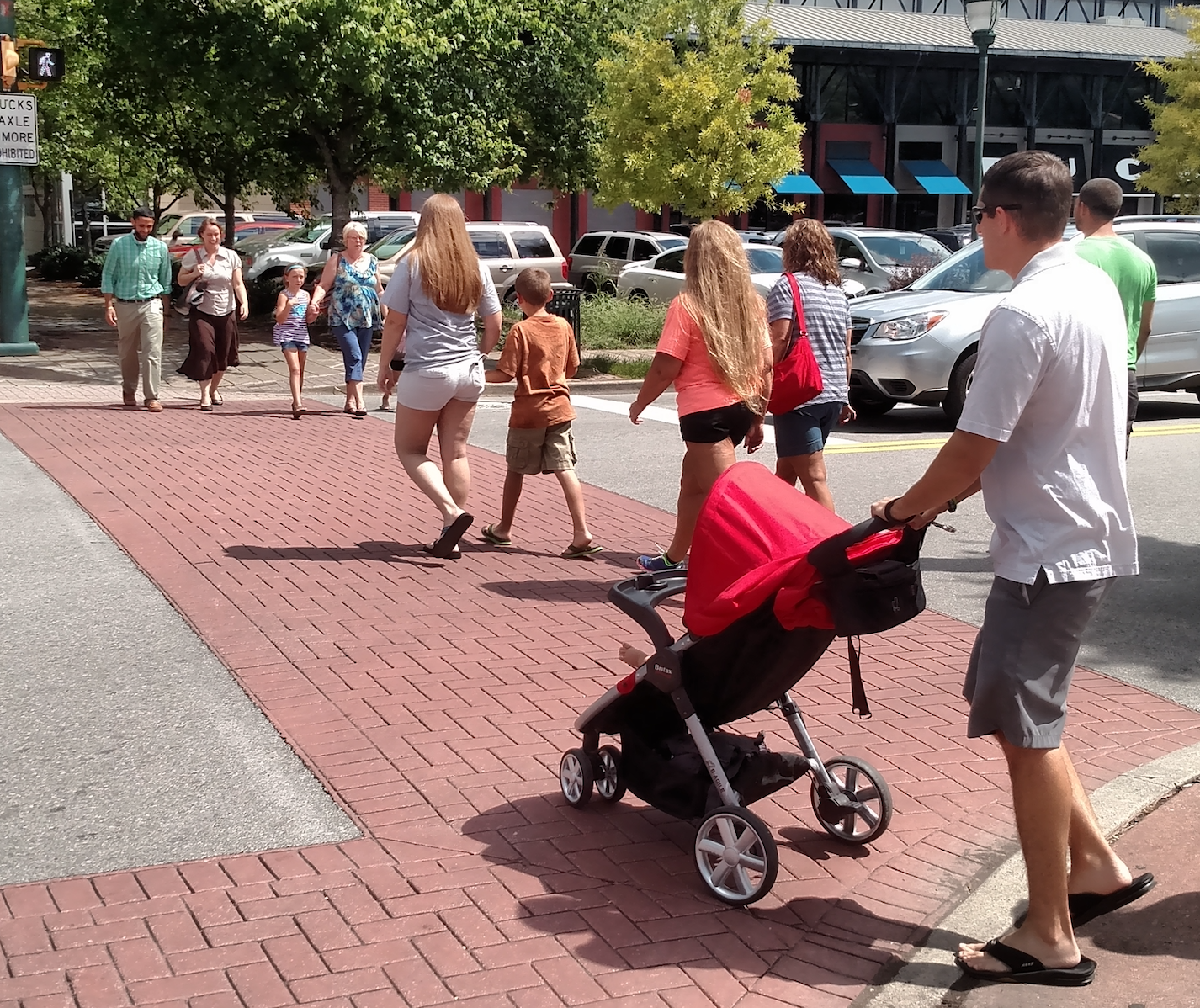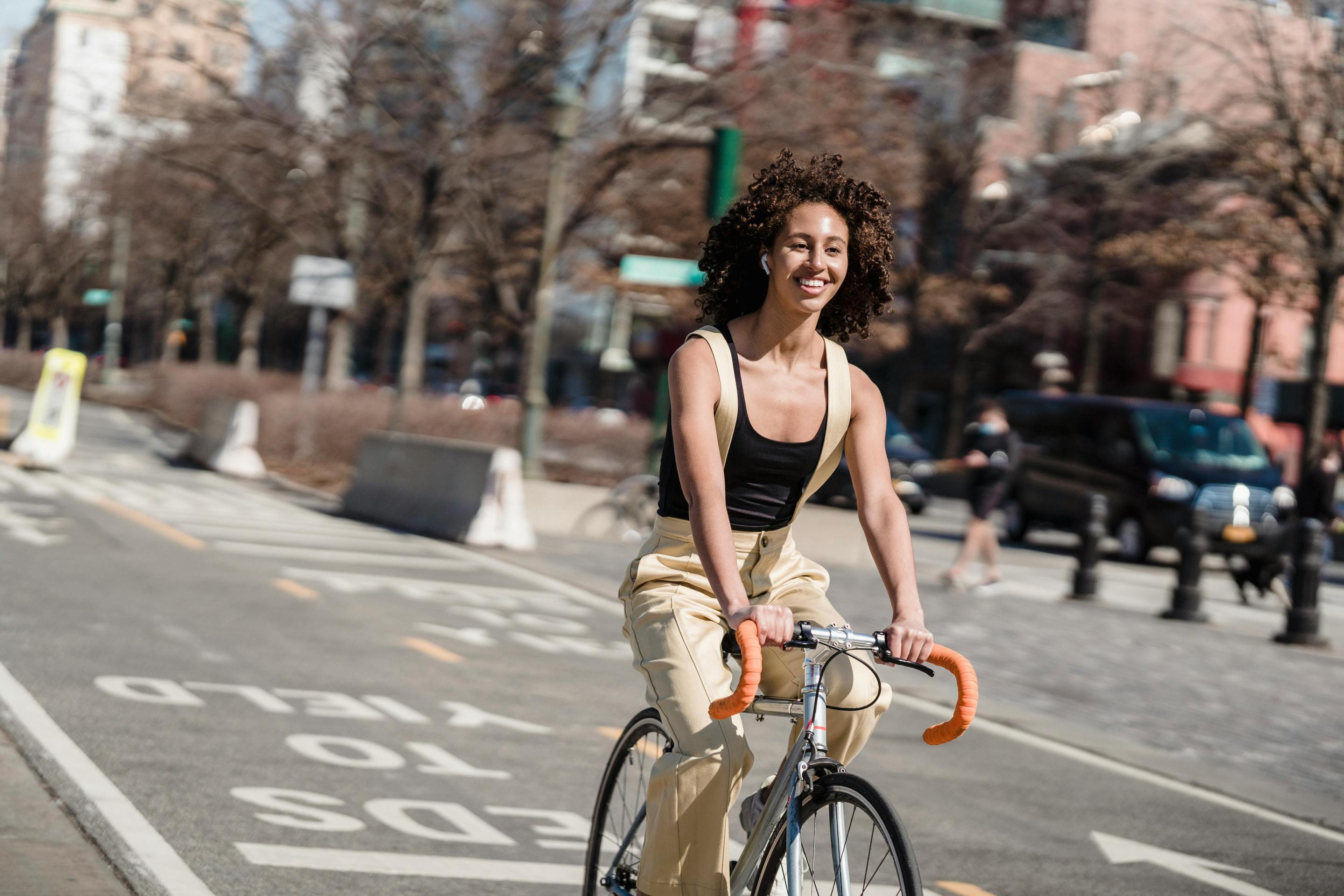Transit fares have been ballooning across the country in recent years; if you live in a city that hasn't raised prices and cut service, consider yourself lucky.
It can be upsetting to get socked with an unexpected expense. But as much as it hurts to fork over a little more of your paycheck every time you walk through a turnstile or step on a bus, it still beats the alternative, says Erica C. Barnett at Network blog Publicola. After being subjected to a $9 monthly fare hike on Seattle's Metro, Barnett spent some time stewing, then found a reason to be grateful:
Eighty-one bucks is a lot for me. Despite what you may have heard, journalists’ salaries aren’t in the six figures, and the beginning of the month is also when I pay my rent. Others have already started to gripe about the fare increase, and not without reason: Even as agencies are making service more expensive, they’re reducing its quality and frequency. Over the next two years, Metro says it will cut 200,000 hours, of which a little less than half will be cuts perceivable to riders (the rest will be made up with “schedule efficiencies,” which I’m hoping doesn’t translate to “late buses.”) Metro has also started expanding the number of days it’s on a reduced schedule—cutting service to “holiday” levels, for example, between December 24 and the end of the year. Meanwhile, Sound Transit is now saying they can no longer build out the entire Sound Transit 2 plan that voters approved in 2008.
So what’s the good news? Riding the bus is still a great deal compared to owning a car. According to AAA, the true cost of owning a car—including gas, maintenance, tires, insurance, license, registration, taxes, depreciation, and finance charges—ranges from $6,496 a year ($541 a month) for a small car like a Nissan Sentra to $11,085 a year ($924 a month) for a four-wheel-drive SUV like a Jeep Grand Cherokee. With prices that high, I’ll take a $9 monthly fare increase over car ownership any day. Incidentally, according to the New York Times, the average annual cost of owning a bike is $390, meaning that my total transportation costs—augmented a couple of times a year by a Zipcar or a rental—are less than $1,500 a year.
That's not to say fare hikes should be accepted as a matter of course. Fare increases can be much more painful for those who truly live on fixed incomes. And as Barnett points out, fare hikes, especially when combined with service reductions, are likely to cause fewer people to ride, which could exacerbate funding problems. Inadequate public support for transit, compared to auto infrastructure, has forced many cities to raise rates and decrease service, even as more people than ever are coming to rely on buses and trains.
Elsewhere on the Network today: After surveying the state's cyclists, Bike Delaware issues the recommendation that combining standard right turn lanes with bike lanes are the best way to prevent "right hook" collisions. Livin in the Bike Lane says the city of Portland should take some bold measures to protect its status as "Bike City, U.S.A." And WalkBikeJersey Blog outlines a case where a prosecutor has charged a hit-and-run driver who killed a pedestrian with vehicular homicide.






